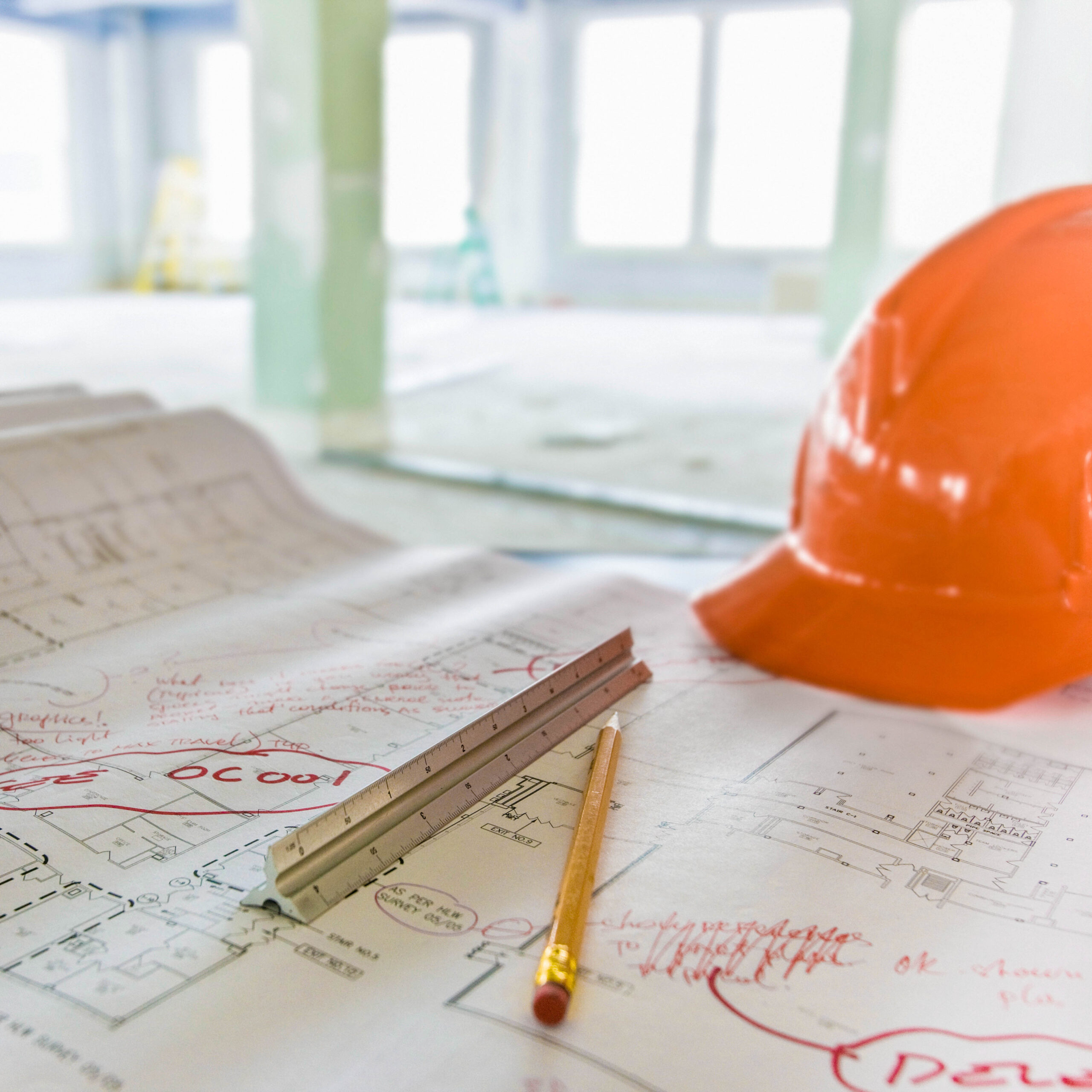A group of residents recently formed the non-profit Princeton Coalition for Responsible Development (PCRD) to advocate for and enable a more effective and collaborative approach to land use development and redevelopment in Princeton.
Citing support from over 100 concerned residents who want assurance their voices will be taken into account as development decisions are made in Princeton, Brad Middlekauff, one of the founders of the coalition, said, “Our objective is to protect and enhance the unique character, livability, and quality of life in our many varied neighborhoods.”
He explained in the statement that, “Shared interests are at the heart of responsible development. So we will strive to collaborate with real estate developers and town officials throughout the planning process to achieve creative solutions that benefit all parties for decades to come.”
A recent survey among Princeton residents revealed the importance of factors such as traffic and parking, open space, historic structures, and appealing gateways into town where development projects are being considered. PCRD’s intention is to help ensure confidence that these and other factors, such as appropriate density and the Area in Need of Redevelopment statute, are addressed and amicably resolved during the planning process through open dialogue with all stakeholders, according to the statement
Tom Chapman, a PCRD committee member, commented that, “Residents must be mindful of the greater community needs. PCRD wants to foster open, honest exchange between the developer, Princeton officials, and residents to find the common ground essential to achieving creative, enlightened solutions that work for all, both now and well into the future.”
Princeton’s Master Plan establishes responsible development guidelines for all parties involved in the planning process. For example, it calls for the developer to create plans that “preserve the scenic quality of Princeton’s principal gateways; encourage preservation of historic buildings and sites; and preserve and protect the character of established neighborhoods,” according to the statement.
It requires the Planning Board to enable “proactive public participation” during the planning process.
“In turn, concerned residents need to recognize the interests and inputs of town officials and the developer. And they must be transparent and specific in articulating the principles that underpin public benefits they envision as essential to responsible development, which reflect a reasonable level of consensus,” David DeMuth, a founder of PCRD, said in the statement.
To register interest and support for the Princeton Coalition for Responsible Development, email [email protected]

